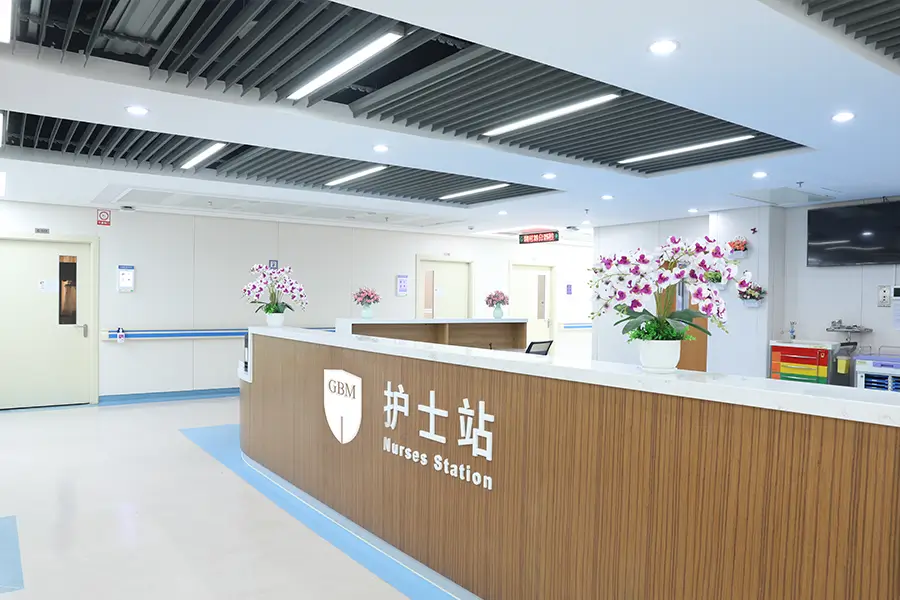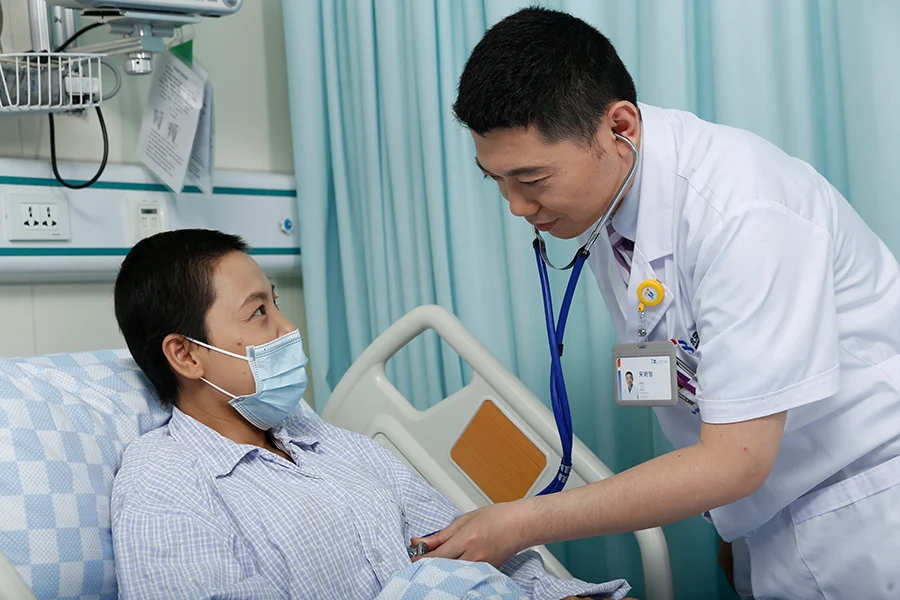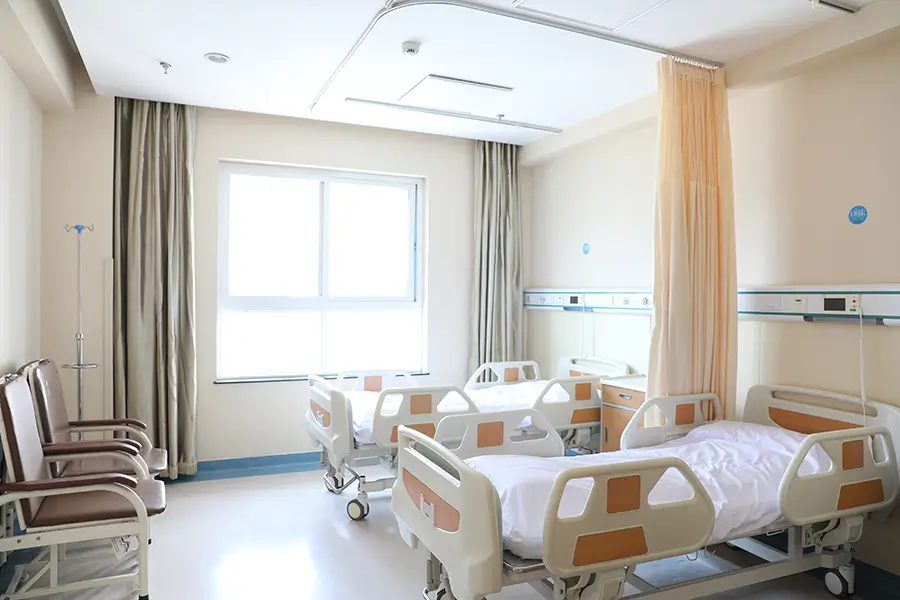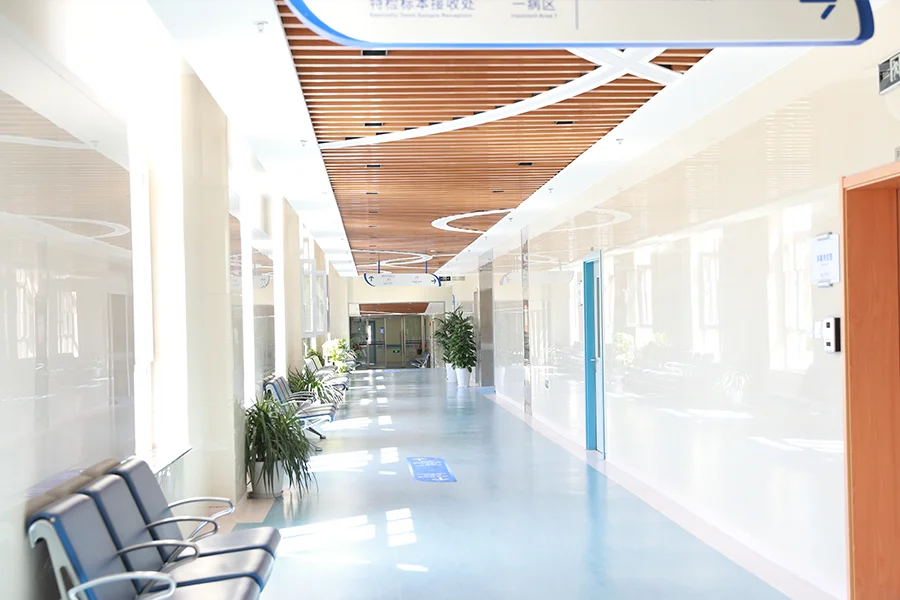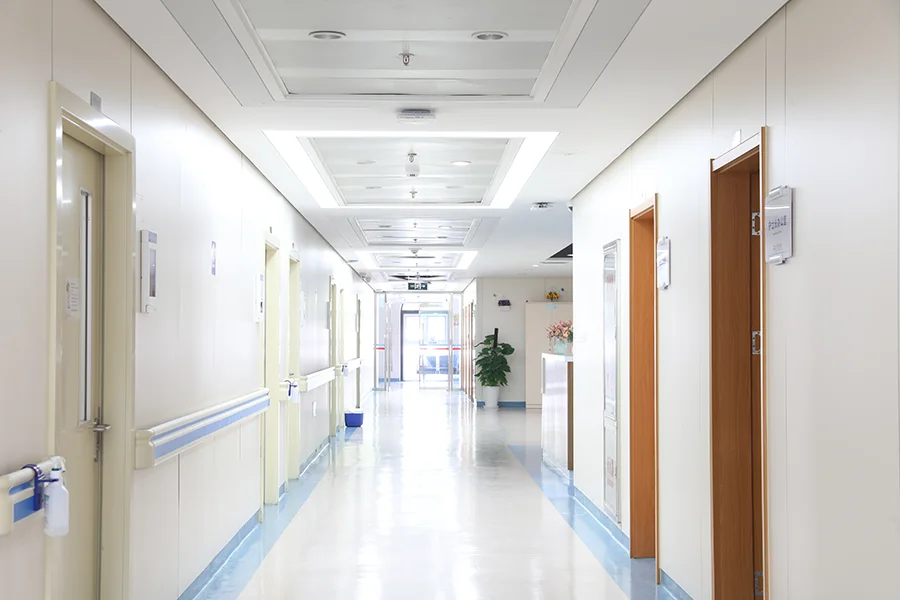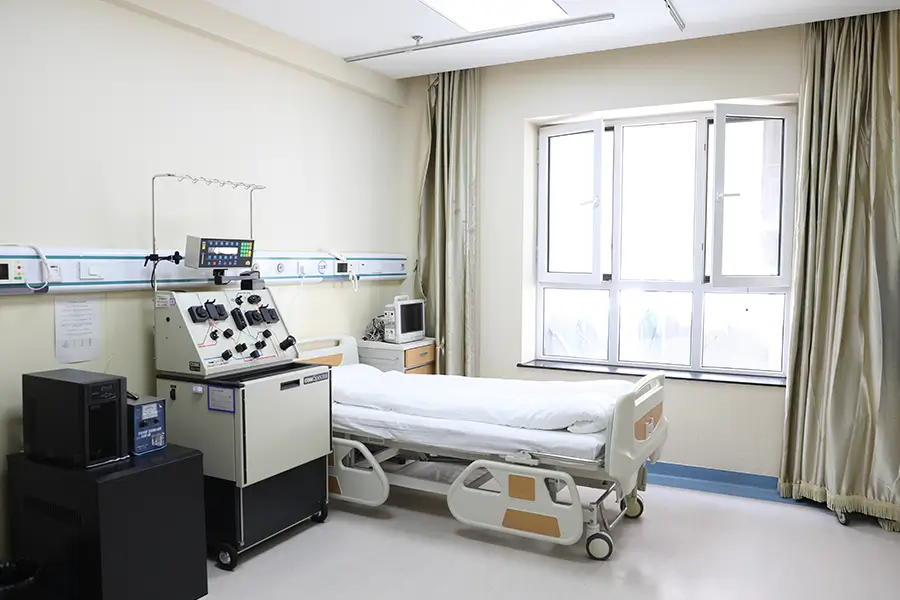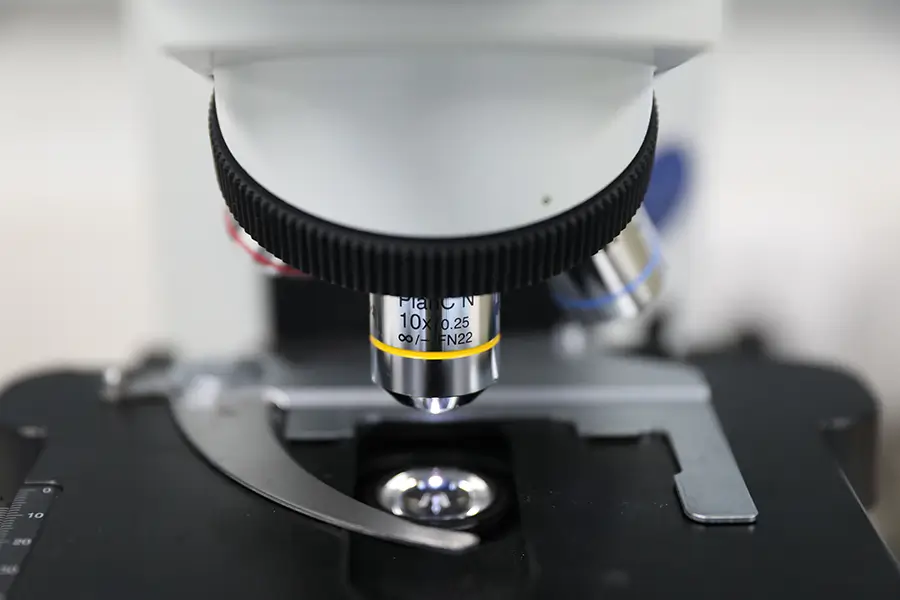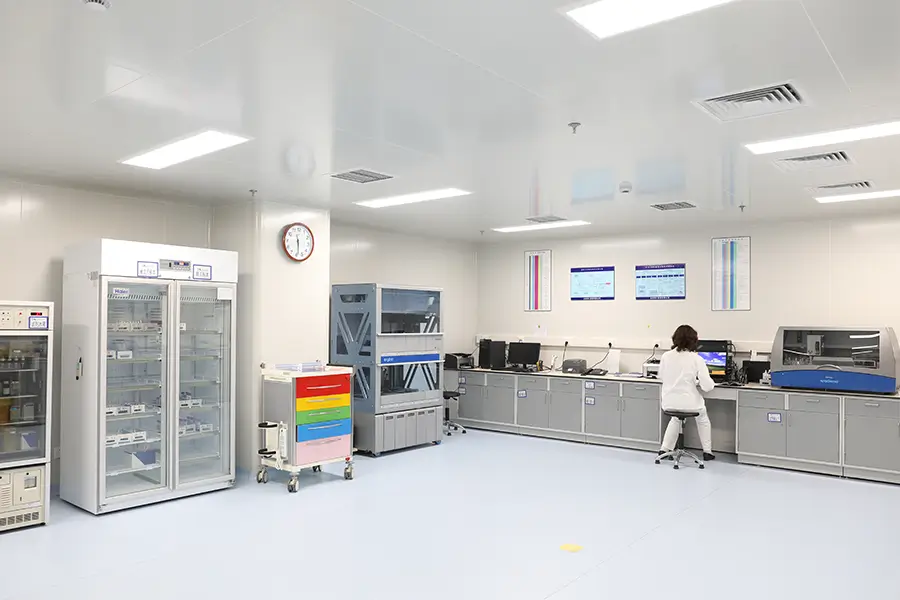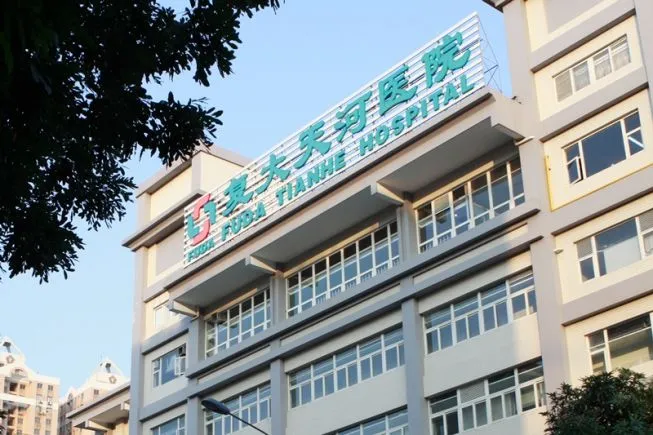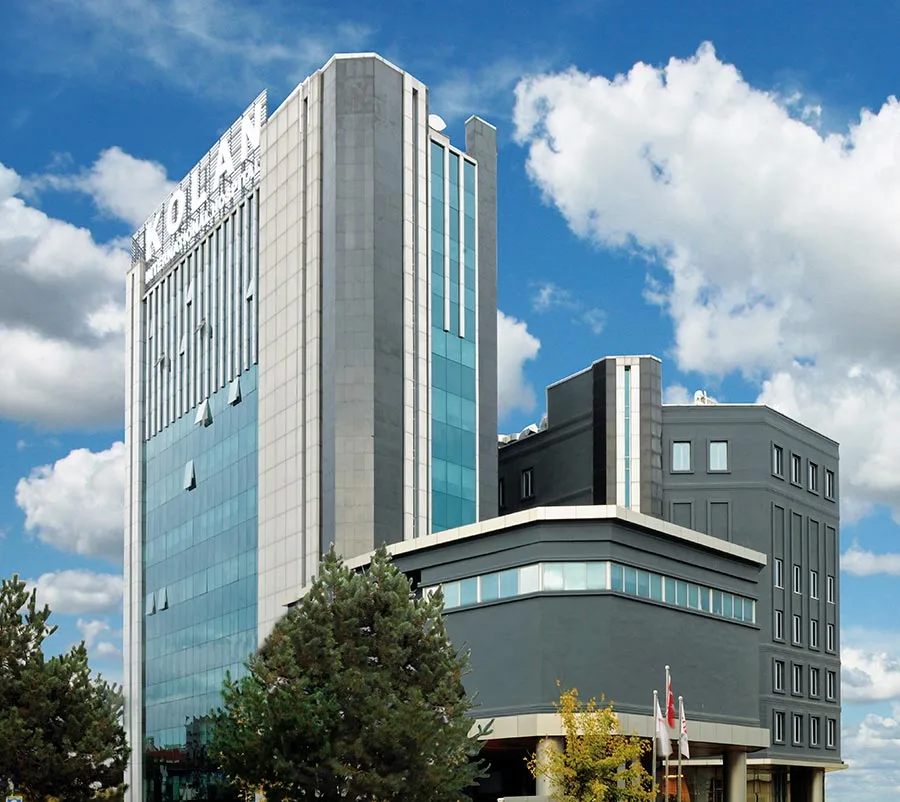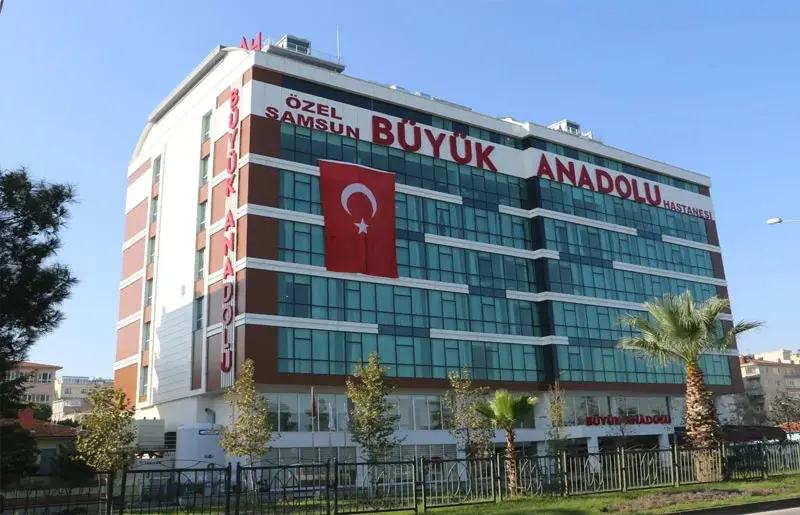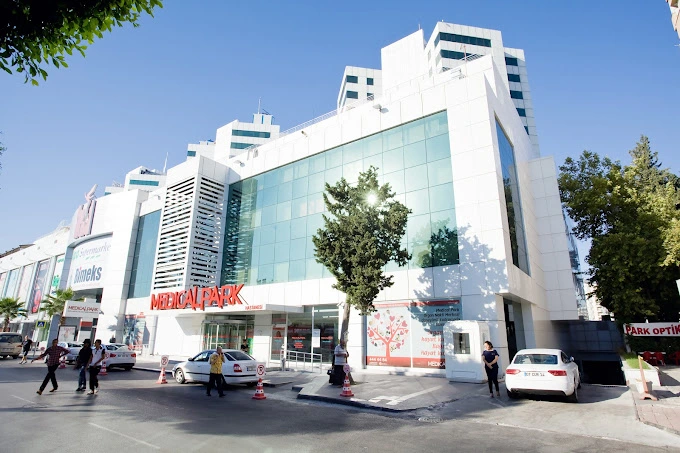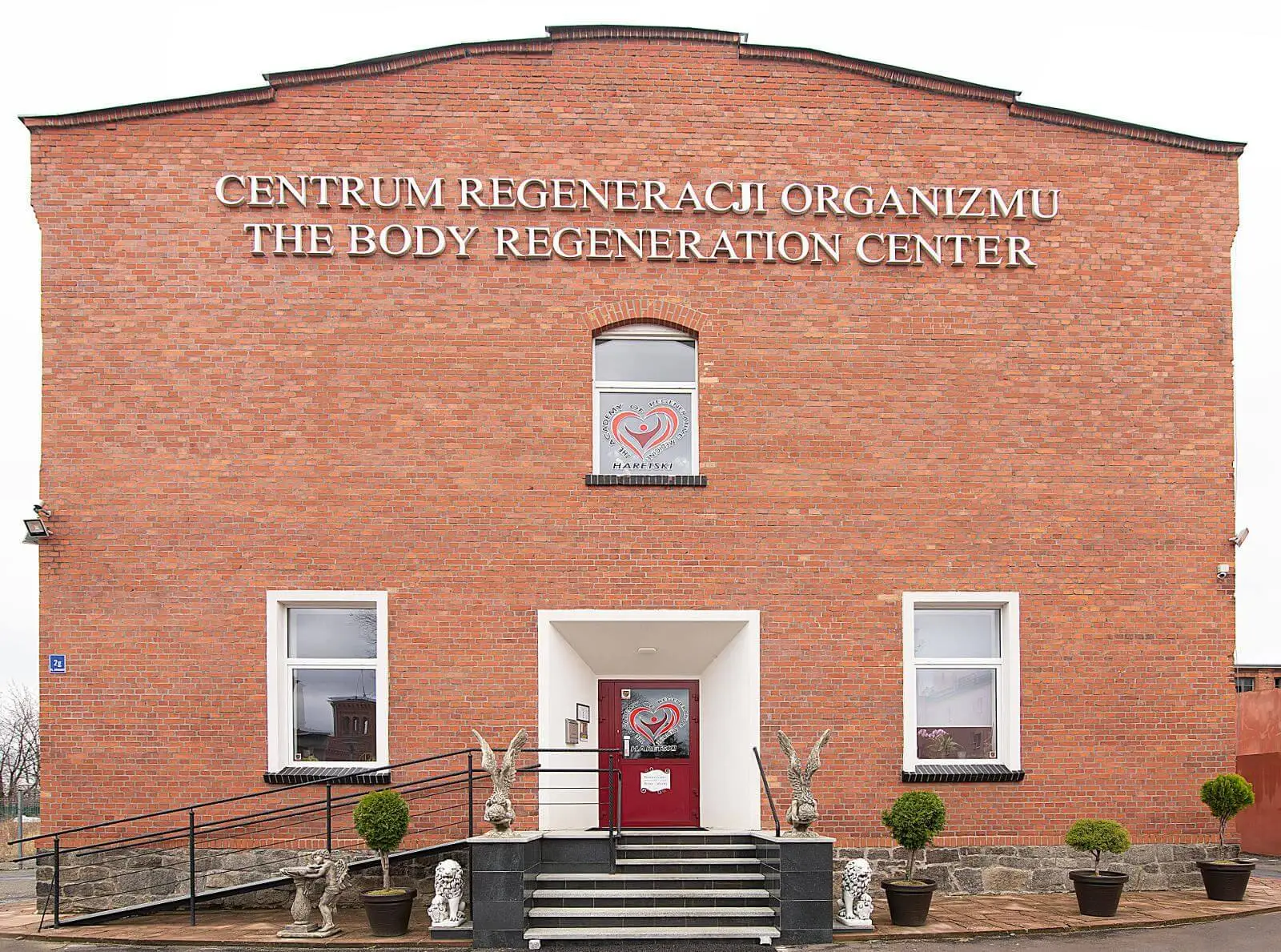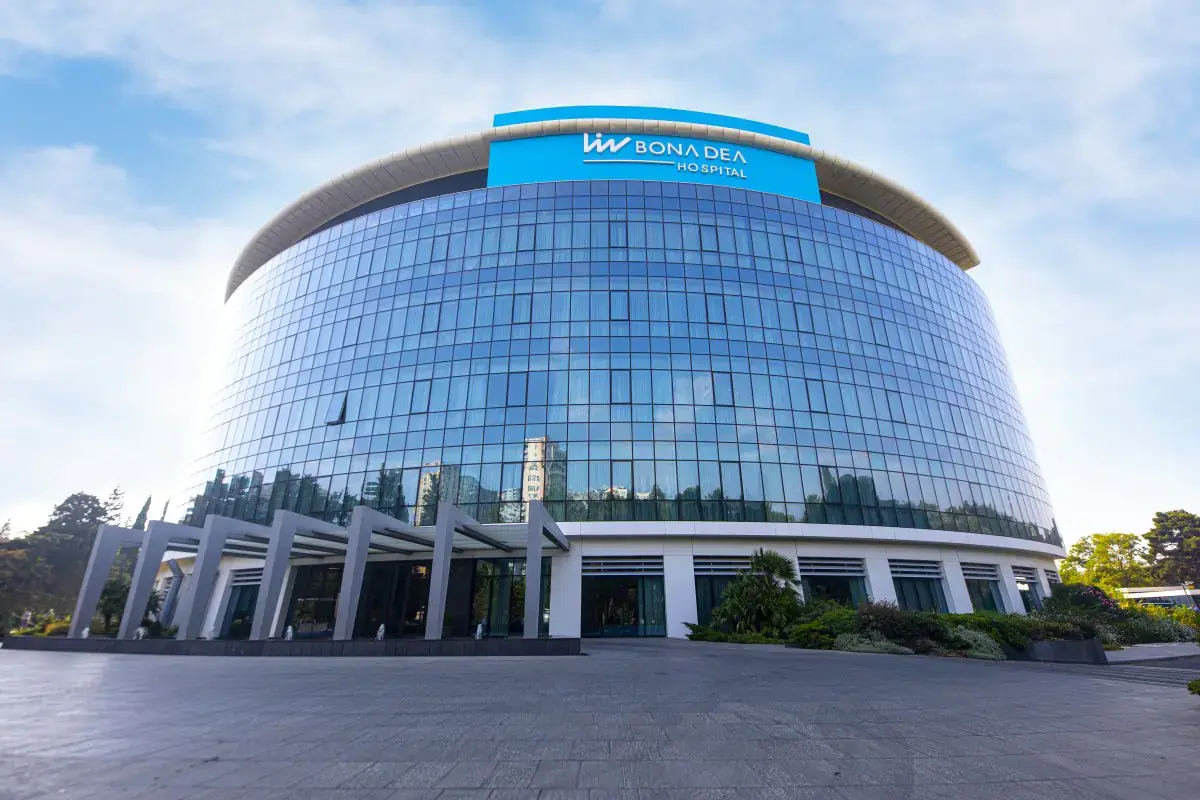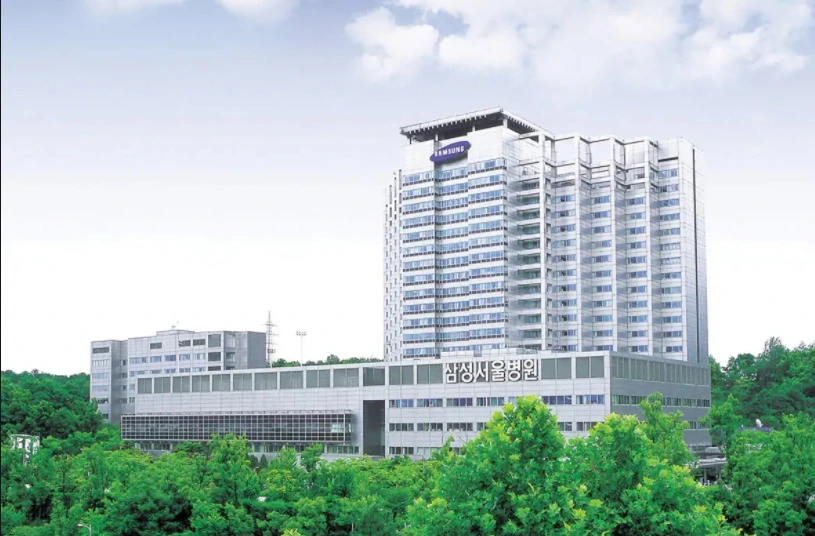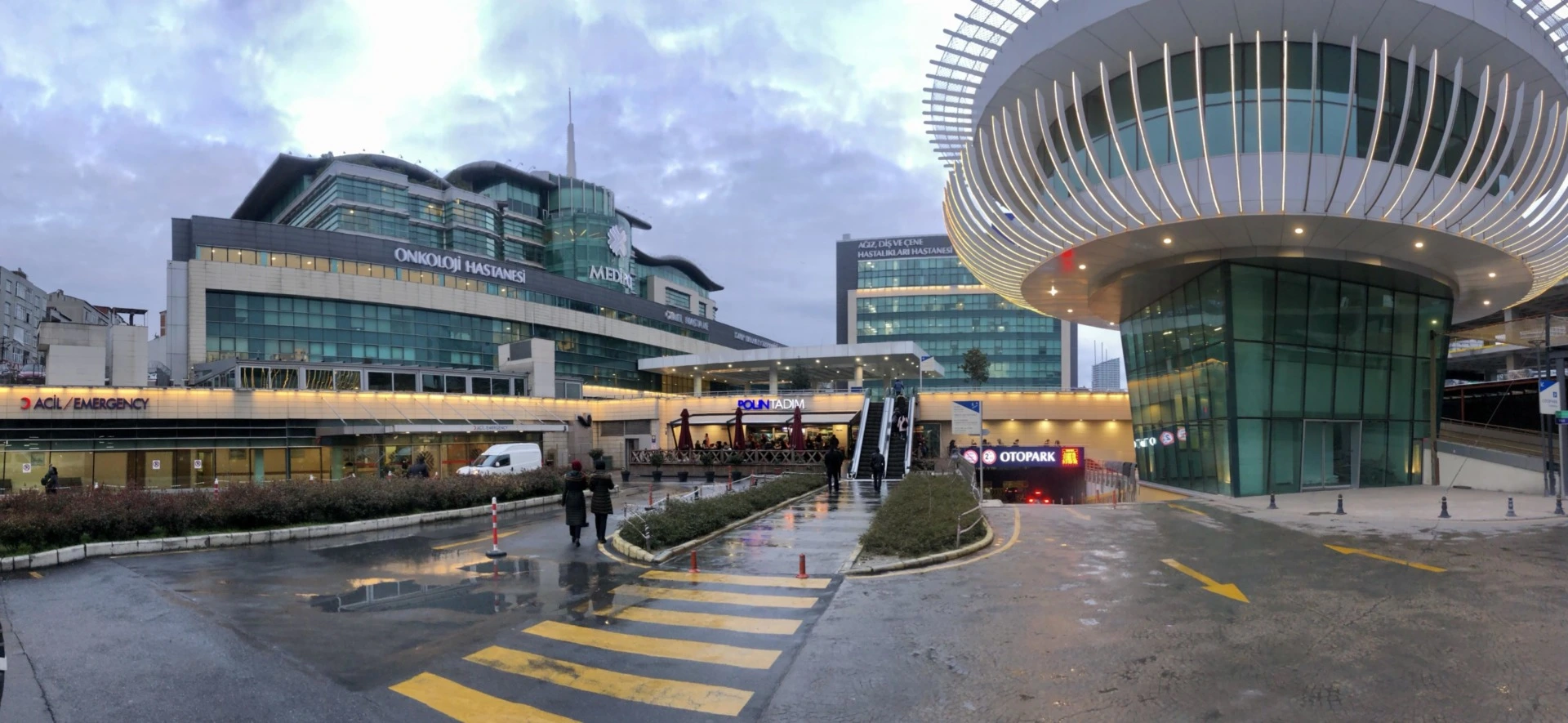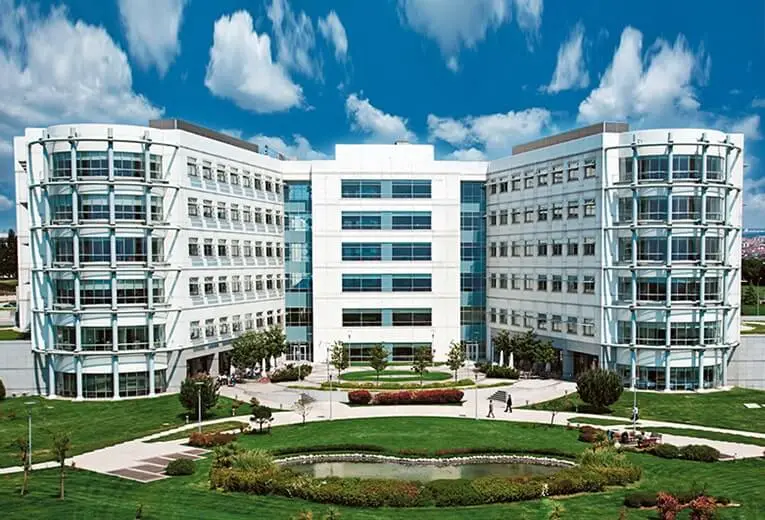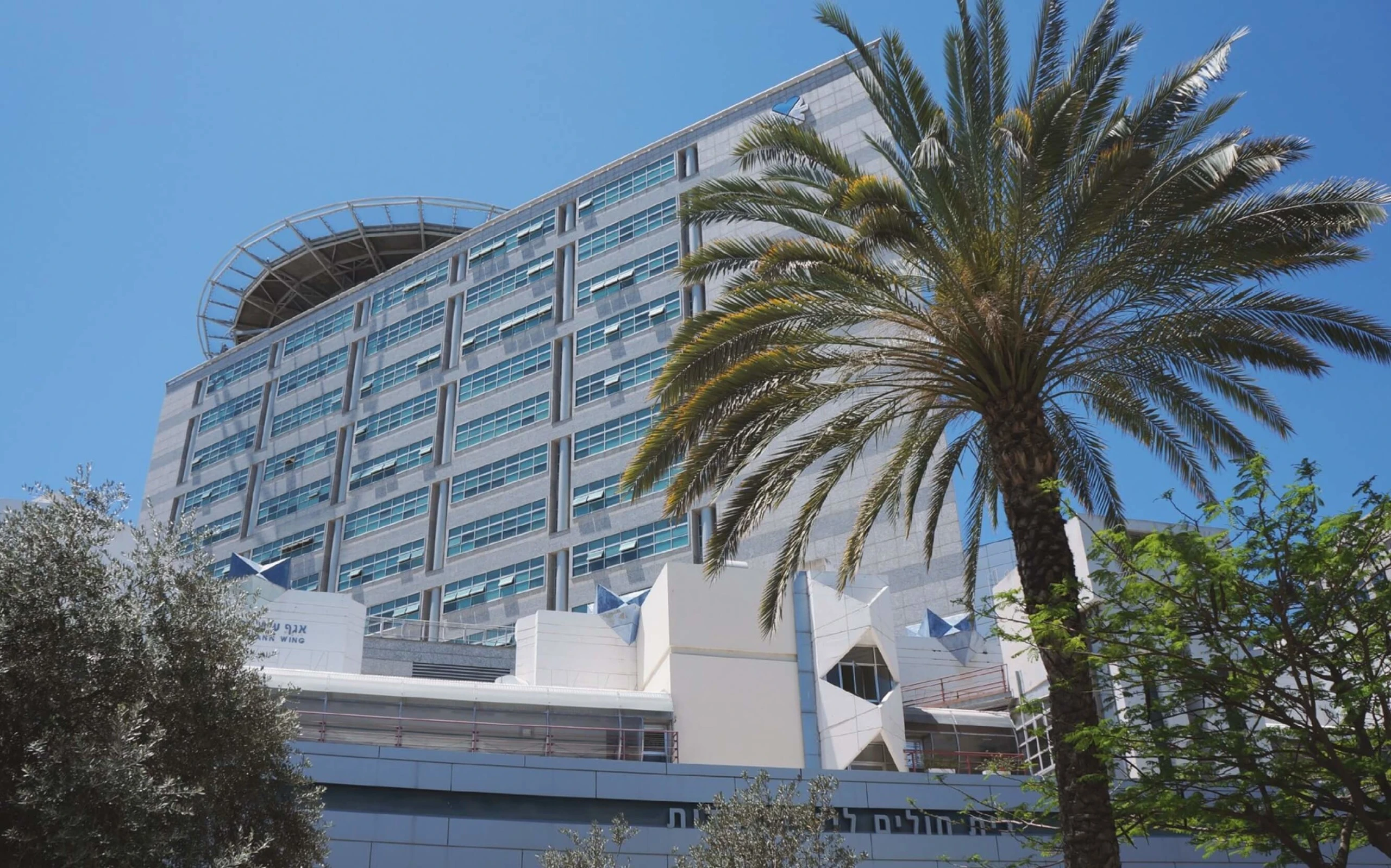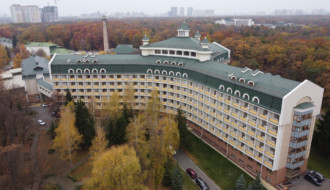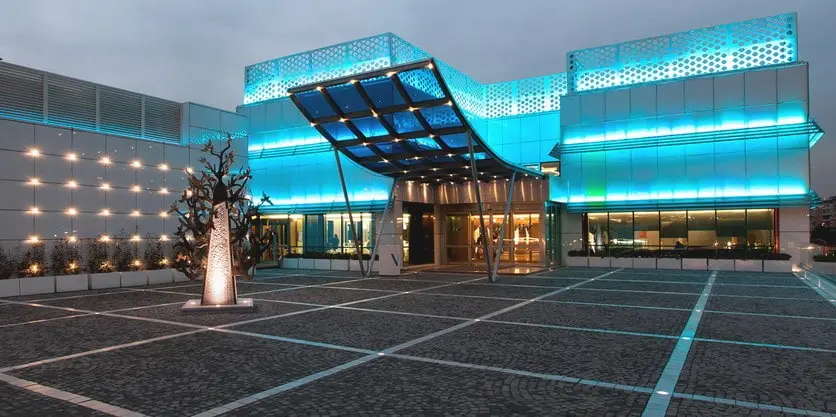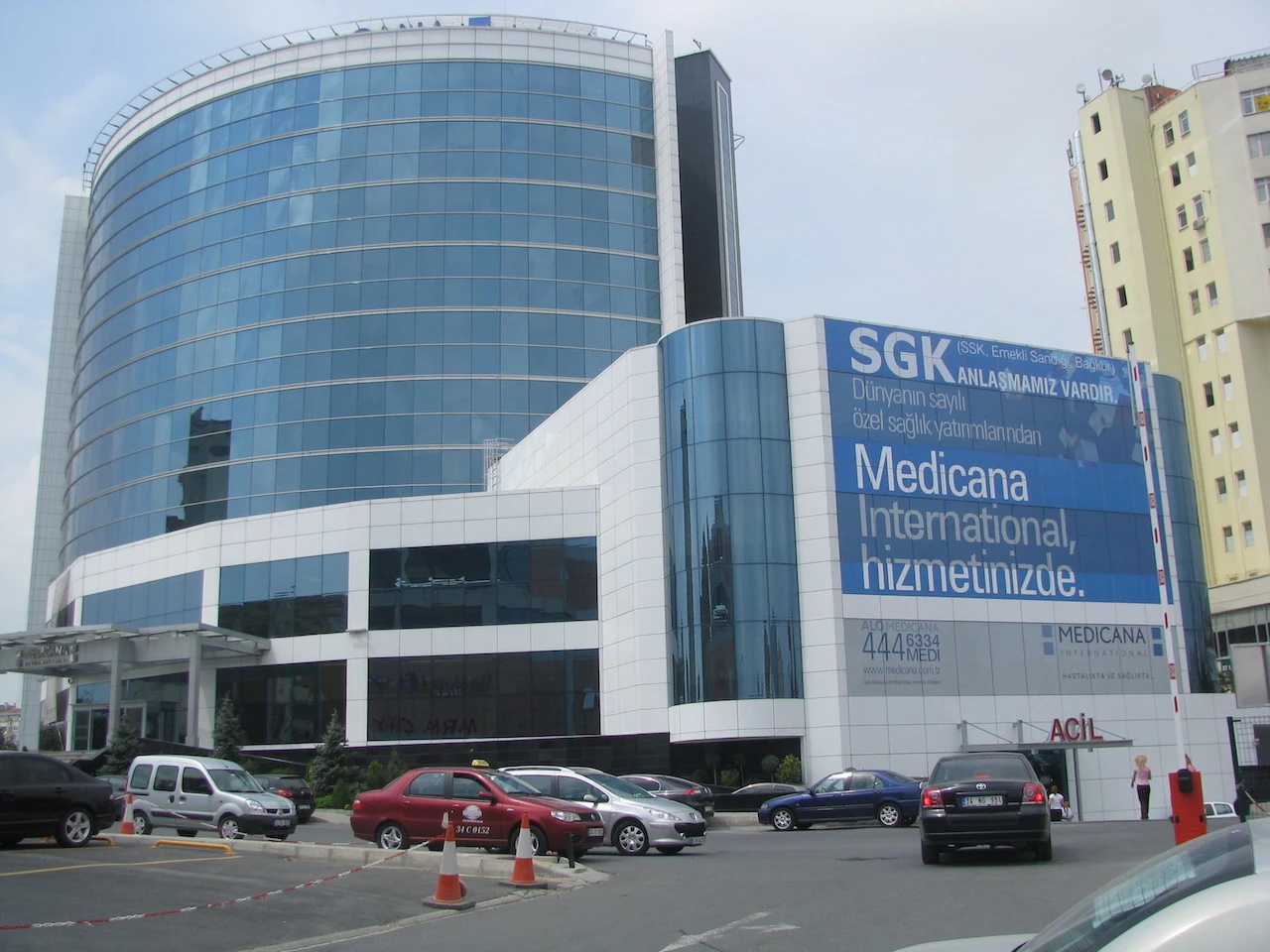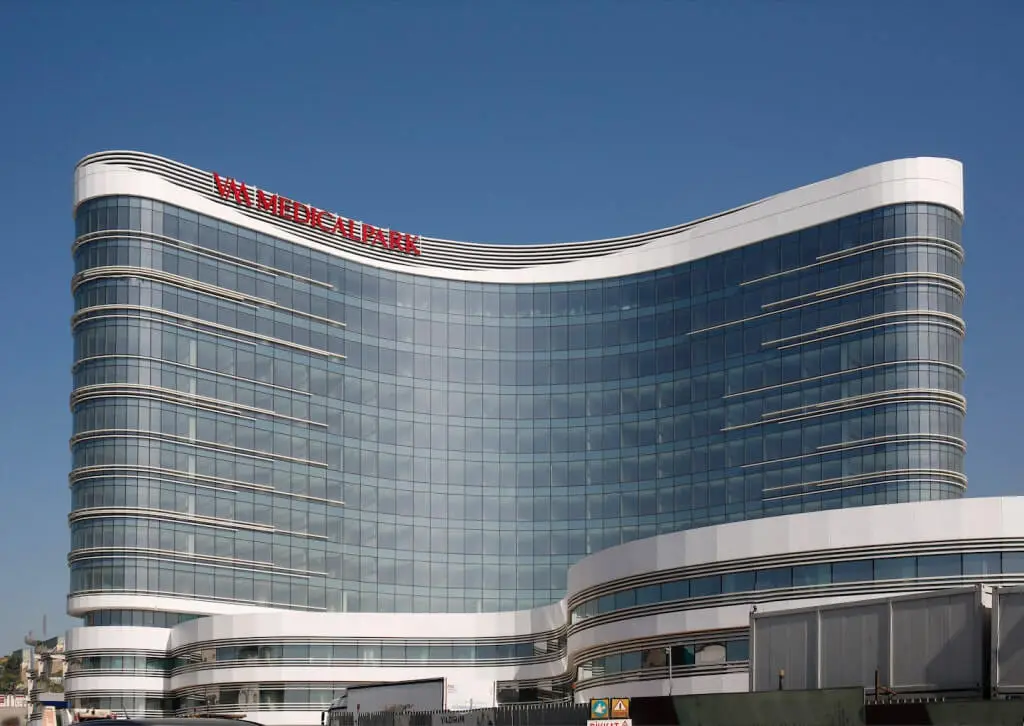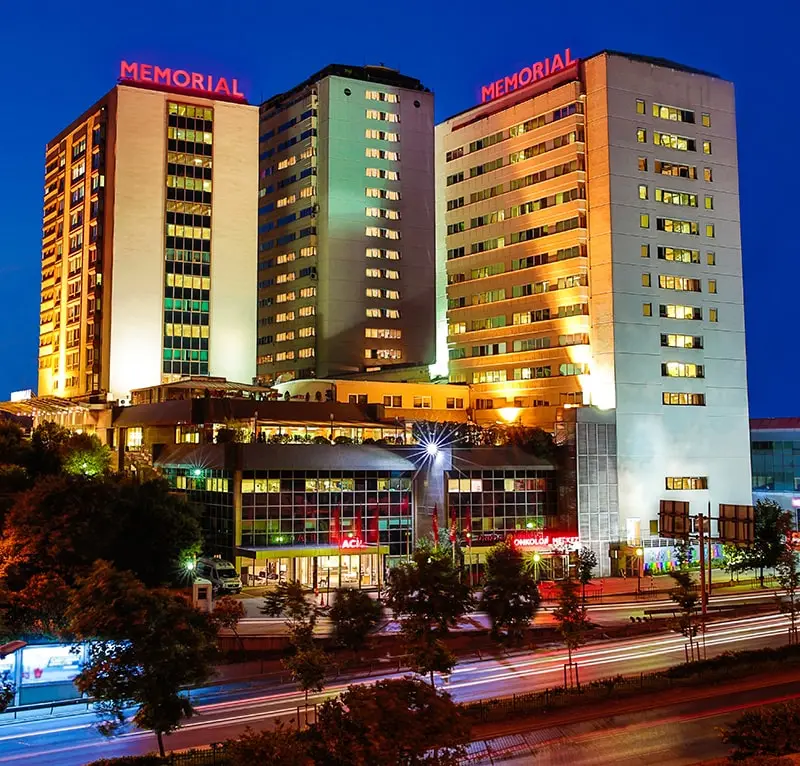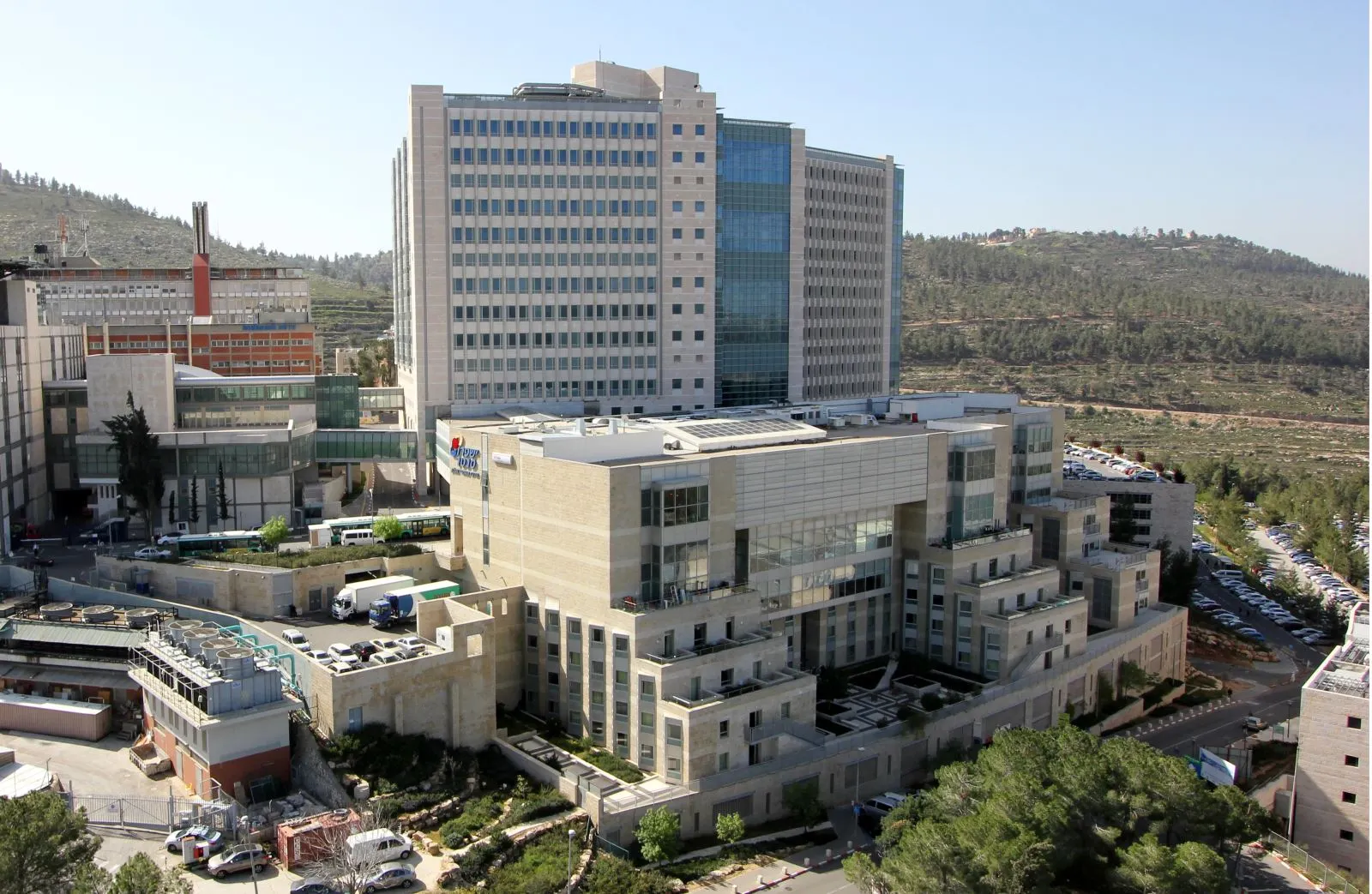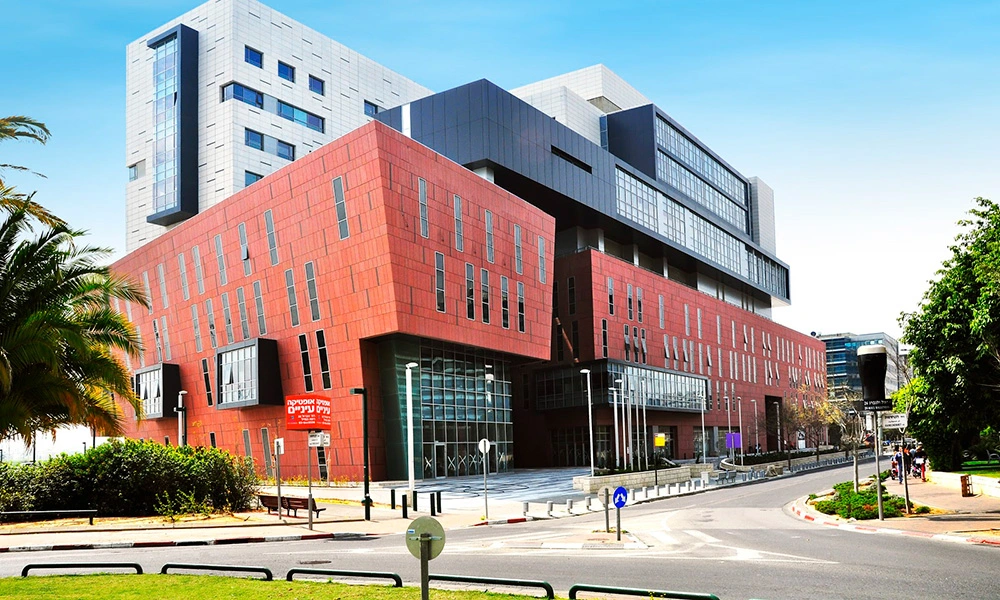Technical equipment at Boren Hospital in China
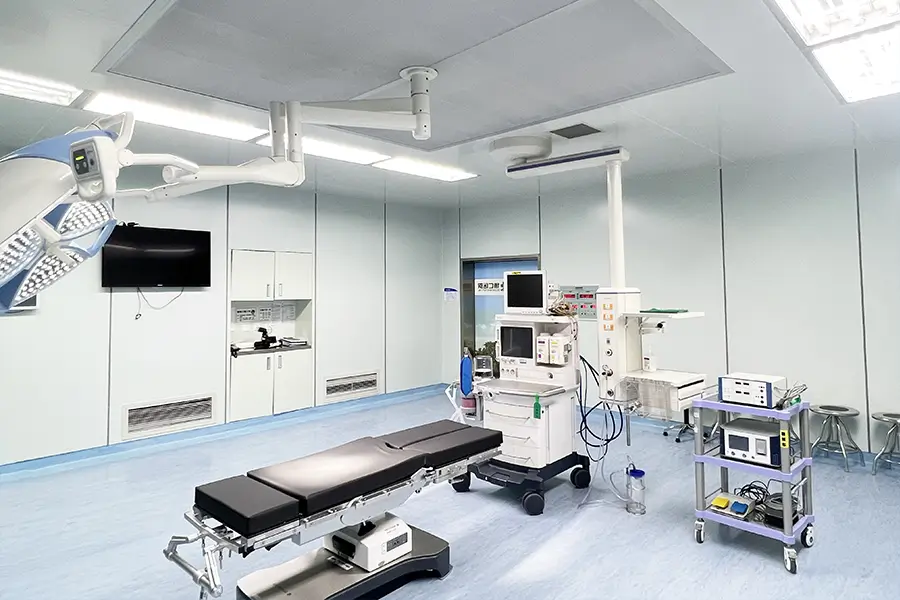
Beijing GoBroad Boren is equipped with world-class medical technology. The hospital features 19 patient rooms with laminar airflow systems. Air is supplied to the rooms through HEPA (High-Efficiency Particulate Air) filters completely and evenly. This technology provides maximum protection for patients with weakened immune systems.
The operating rooms at Boren Hospital also meet Class 100 cleanliness standards. This means that the risk of infection during surgery is extremely low. The emergency department is open 24 hours a day.
For imaging diagnostics, the hospital uses 64-slice Siemens CT scanners, which can capture highly detailed images of internal organs in a very short time. The Siemens 3.0 T MRI machines allow physicians to detect even the smallest pathological changes.
Diagnostic capabilities of Beijing GoBroad Boren
The clinic offers both standard and specialized laboratory diagnostics. Particular attention is paid to the diagnosis of hematological diseases.
Cytological studies are conducted to examine the cellular composition of tissues. Flow cytometry method is used to determine the types of blood cells and their quantity.
The genetics laboratory performs chromosomal analysis and FISH (fluorescence in situ hybridization) studies. These methods help detect genetic abnormalities associated with blood cancer. Doctors also analyze genes responsible for hereditary predisposition to diseases.
A separate area of focus is pharmacogenetics. It helps tailor medications that will be most effective for each individual patient. The clinic also conducts virological studies to identify infectious pathogens.
Professional team of specialists
Beijing GoBroad Boren employs leading experts in hematology. The clinic collaborates with consultants from world-renowned medical centers, such as Mayo Clinic and MD Anderson Cancer Center.
Doctors at Boren Hospital in China have over 30 years of experience in treating blood diseases. Many have completed training in the world’s leading clinics. The team includes not only hematologists, but also specialists from other medical fields.
A distinctive feature of the clinic is its multidisciplinary approach. Integrated teams of hematologists work together with radiologists, infectious disease specialists, and pulmonologists. This approach enables comprehensive evaluation of each patient’s condition and the development of optimal treatment strategies.
Treatment areas at Beijing GoBroad Boren
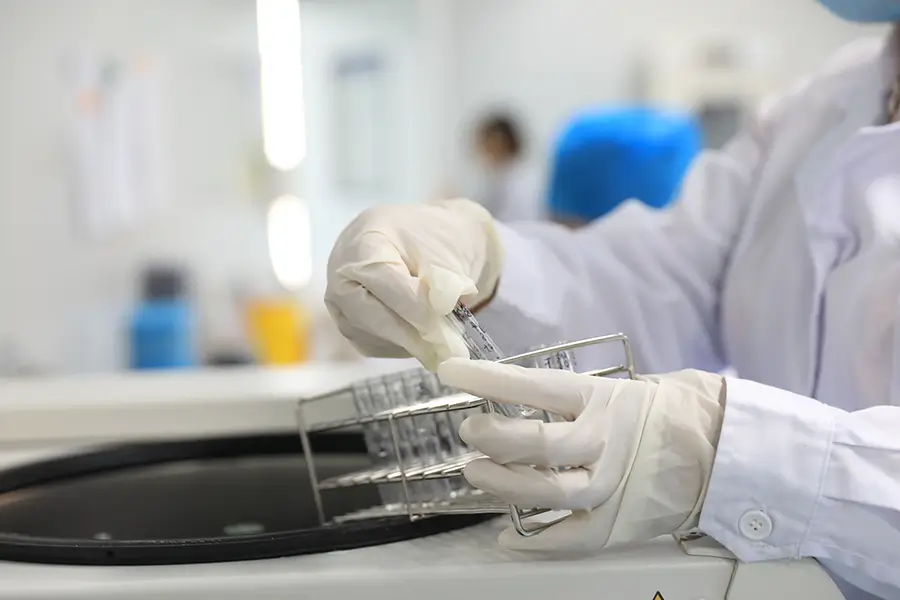
Comprehensive therapy for hematological diseases
The clinic’s physicians develop individualized treatment plans for each patient. Doctors use different methods:
- chemotherapy using the latest drugs;
- precise tumor-targeted radiotherapy;
- immunotherapy to activate the body’s defense mechanisms;
- targeted therapy, which acts on specific molecular targets;
- DNA demethylation to restore tumor suppressor gene function.
Combining these methods increases the effectiveness of treatment, even in complex cases.
Cellular immunotherapy
Beijing GoBroad Boren has become a recognized center for CAR-T therapy. This innovative approach has shown high success rates in the treatment of refractory leukemia. Doctors have been able to help patients for whom other treatments have failed.
The clinic successfully applies CAR-T therapy for both adults and children with lymphomas. This method has also proven effective for multiple myeloma. Treatment outcomes are regularly presented at international medical conferences.
Boren Clinic specialists continuously improve CAR-T therapy protocols. They adapt global practices and develop their own methods. This allows achieving high survival rates even in patients with poor prognoses.
Hematopoietic stem cell transplantation
The clinic has extensive experience in bone marrow transplantations. The clinic performs surgeries on patients ranging from 1 month to 72 years old. Over the years, doctors have carried out thousands of successful transplants.
Depending on the case, specialists select the most appropriate type of transplantation:
- from a matched related donor;
- from an unrelated donor via international registries;
- haploidentical transplantation (partially matched donor);
- use of stem cells from umbilical cord blood;
- autologous transplantation (using the patient’s own cells).
Doctors pay special attention to preparation for transplantation. They develop individual conditioning plans (to suppress the immune system) plans. After surgery, patients receive special post-transplant therapies to prevent complications.
One of the clinic’s unique areas of expertise is bridging transplants using CAR-T therapy. This approach induces remission prior to transplantation, enhancing its overall effectiveness.
Personalized approach to every patient
Doctors at Beijing GoBroad Boren Clinic understand that each case is unique. That’s why the clinic develops personalized treatment strategies. Doctors take into account the patient’s age, general health, genetic characteristics, and comorbid conditions.
Before treatment begins, patients undergo a comprehensive medical evaluation. Based on its results, a detailed treatment plan is created. During the treatment process, the plan is adjusted depending on the body’s response.
Patients receive not only medical care but also psychological support. This helps them to tolerate treatment more easily and recover faster.
Scientific activities of Boren Hospital in Beijing
Beijing GoBroad Boren is actively involved in scientific research. The clinic’s doctors regularly publish articles in international medical journals. They test new treatments methods and pharmaceutical drugs.
The hospital collaborates with leading research centers in China and other countries. This allows the latest achievements of medical science to be introduced into clinical practice. Patients have access to experimental treatments as part of clinical trials.
Thanks to the combination of advanced technology, experienced specialists, and a personalized approach, Beijing GoBroad Boren has become one of the leading centers for the treatment of hematological diseases in Asia.
If you are interested in receiving treatment at Beijing Gobroad Boren, please write or call us. Our MedTour coordinating physician will provide a free consultation and assist in organizing treatment in China.
